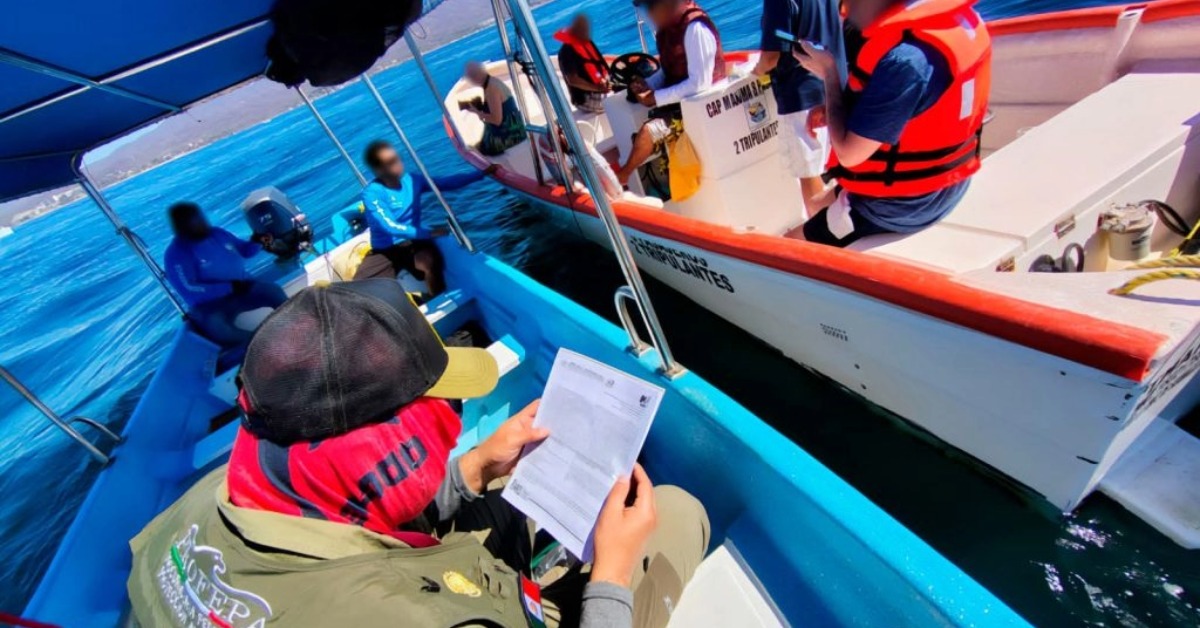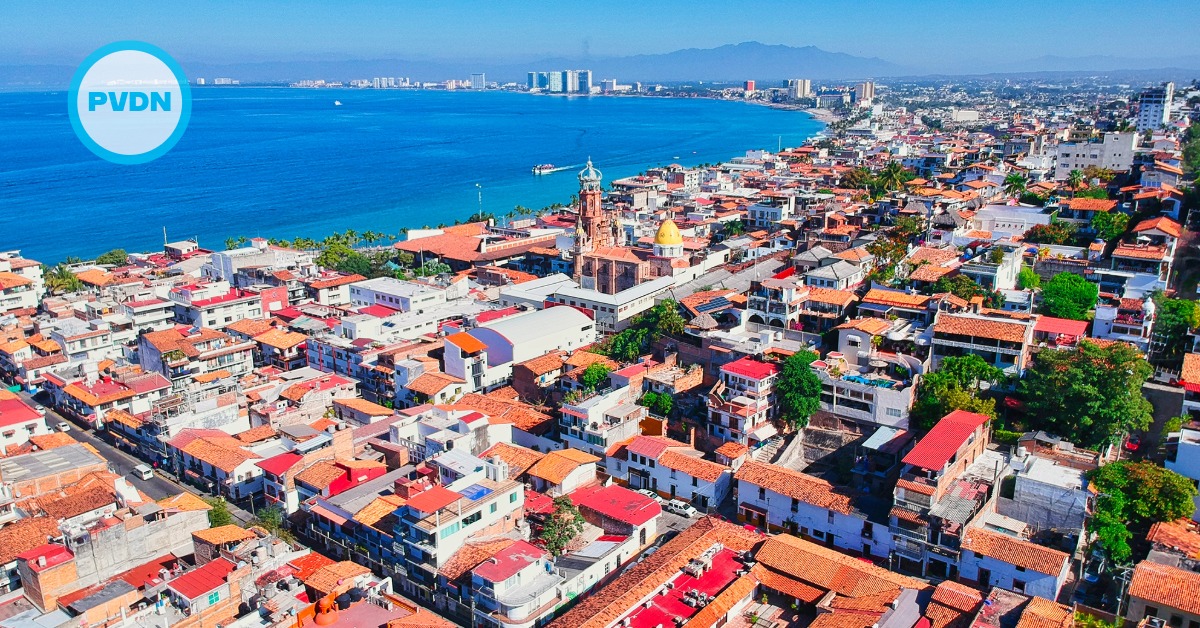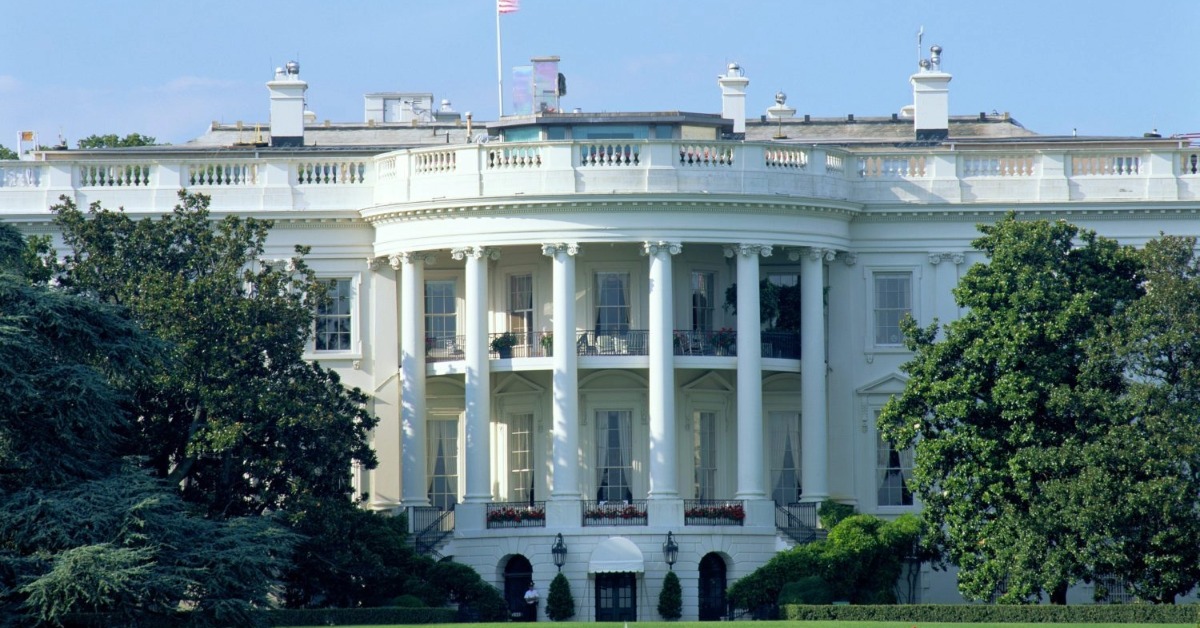On the ground, climate change is hitting us where it counts: the stomach — not to mention the forests, plants and animals.
A new United Nations scientific report examines how global warming and land interact in a vicious cycle. Human-caused climate change is dramatically degrading the land, while the way people use the land is making global warming worse.
Thursday’s science-laden report says the combination is already making food more expensive, scarcer and even less nutritious.
“The cycle is accelerating,” said NASA climate scientist Cynthia Rosenzweig, a report co-author. “The threat of climate change affecting people’s . . .






